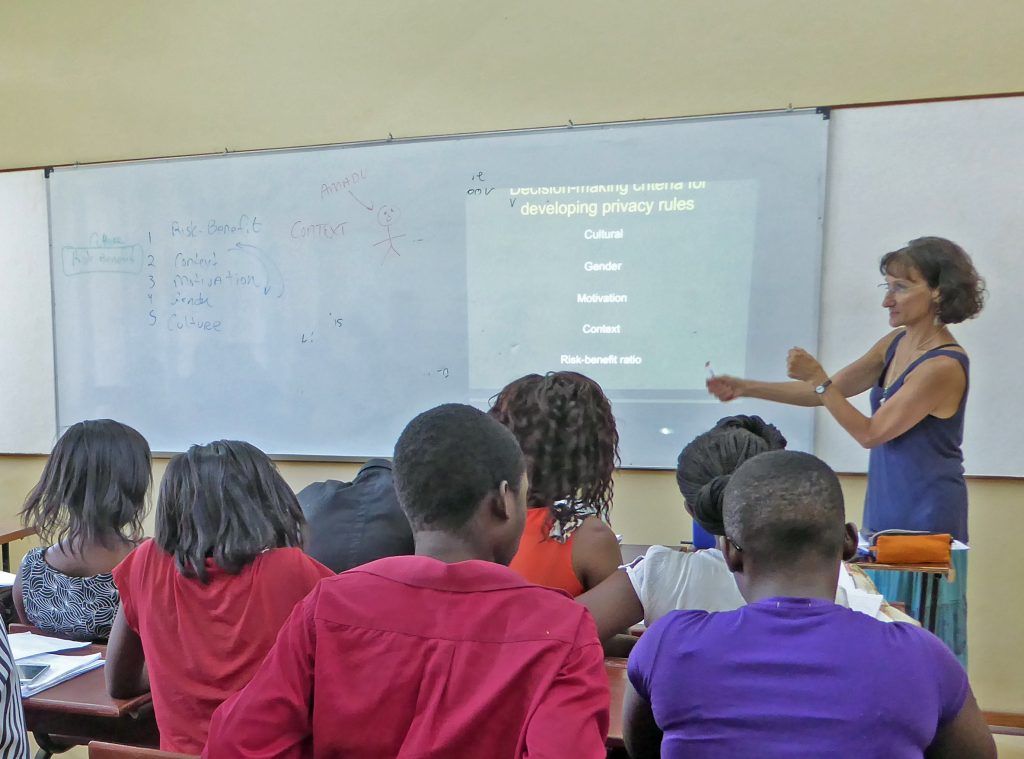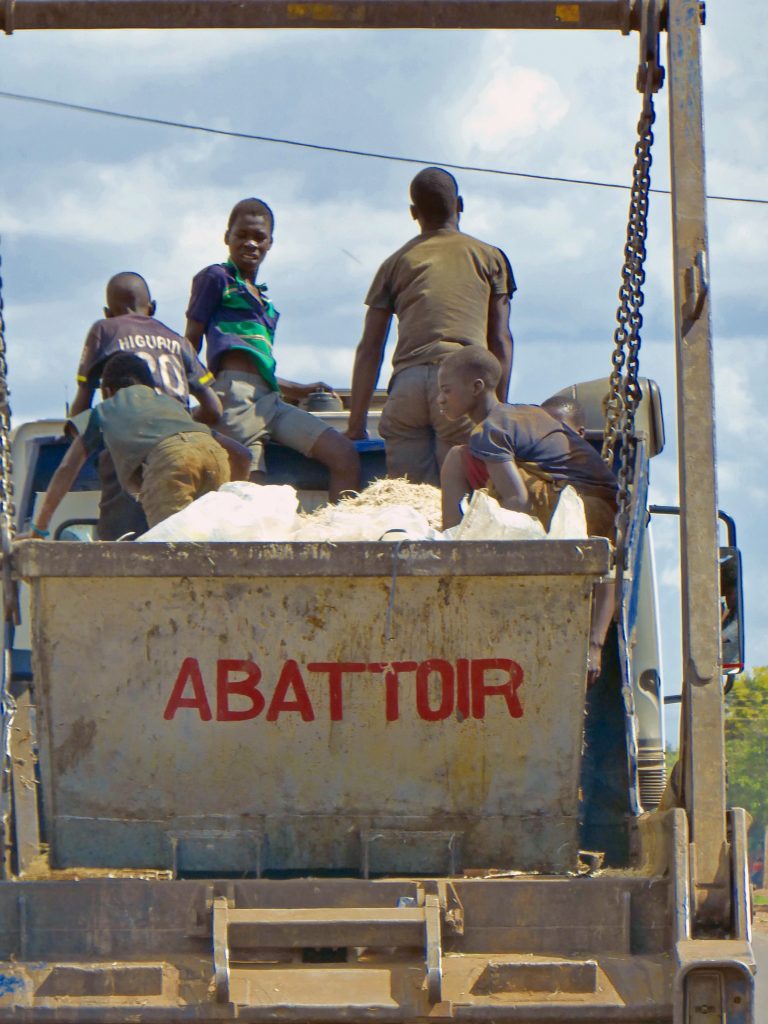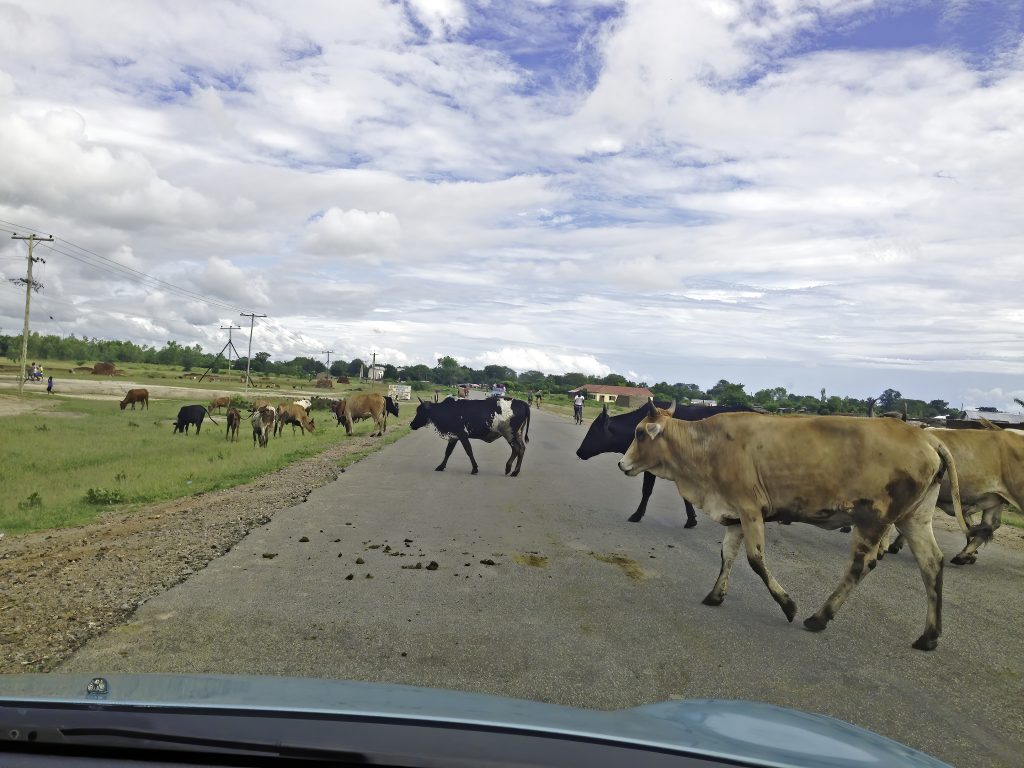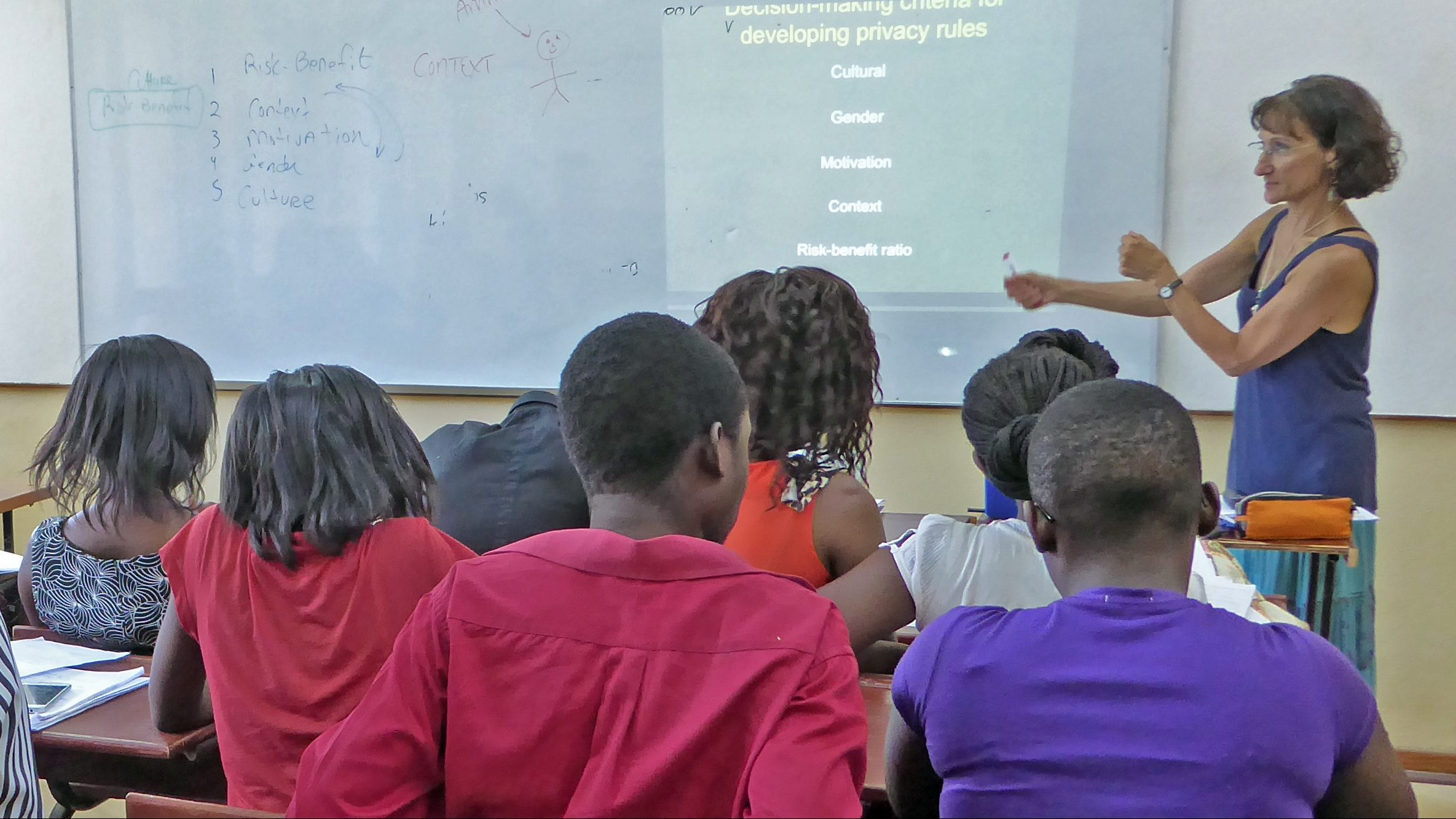
It’s good to be back in the United States and to start working on the film again. Living in a developing country gave me a lot of perspectives that I can bring to Farm and Red Moon, the most important of which is the realization that developed countries eat too much meat.
In Malawi, subsistence farming of fruits and vegetables constitutes most of the agriculture, with a small component of that being farm animals raised for meat. So, the basic Malawian diet has meat as a “relish” rather than a main part of the meal.
I started this film as a vegan, got to know many farmers (both local and industrial), and was eating animal products regularly by the time I went to Malawi. But I ate so much less meat there and had a marvelous amount of fresh produce available to me from the markets daily. Most of the meat sold was from smaller live animals like chickens and goats since electricity and refrigeration are very sparse.



Fish is also a popular food choice since Lake Malawi cuts through most of the country.

Our work on Farm and Red Moon raises important question about humane methods of slaughter, and in so doing brings many other connected issues into the fold. The landscape of our eating choices is complex and goes beyond “To eat meat – or Not to eat meat.”
I am reminded of Michael Pollan’s book from 2009, In Defense of Food, where he investigates how our Western diet has become more about nutrients than food, and how we are consuming not “actual food” but the products of “food science.” Pollan’s simple solution is: “Eat food. Not too much. Mostly plants.” This is exactly what eating in Malawi was like for me. I never had so many fresh fruits and vegetables on a daily basis in my life, and felt amazingly healthy.

This is me in 2010 when I was a vegan. Every meal was a struggle and I never knew if I was getting the right “nutrition.” I spent a fortune on supplements and vitamins trying to stay healthy, and wish I would have adopted Pollan’s philosophy at that time.

